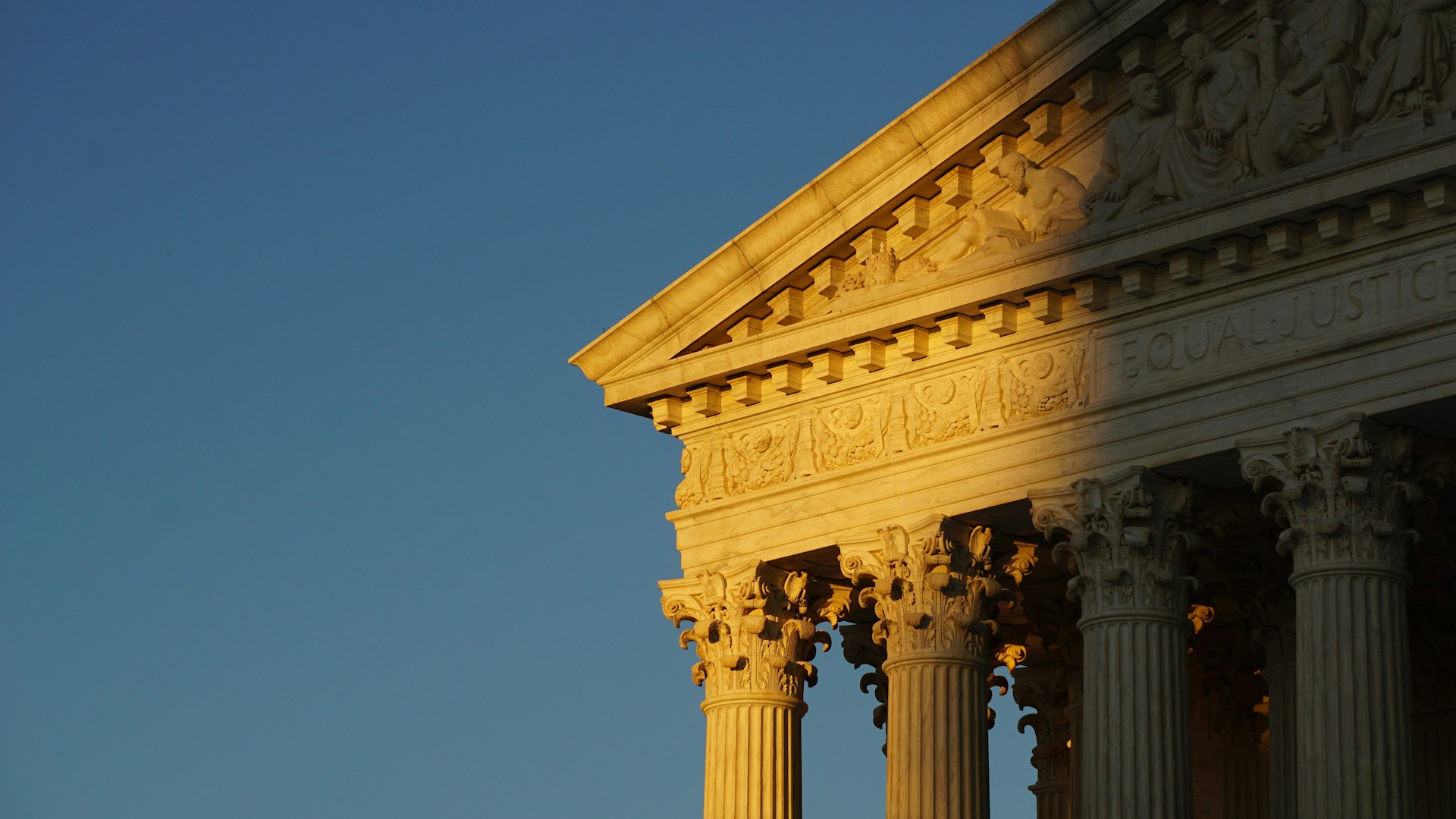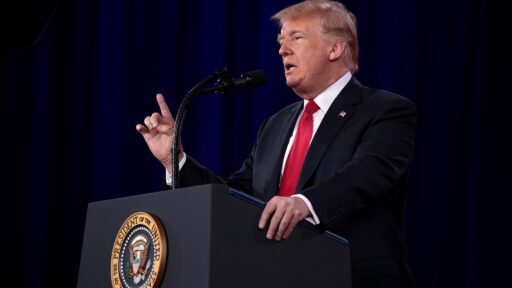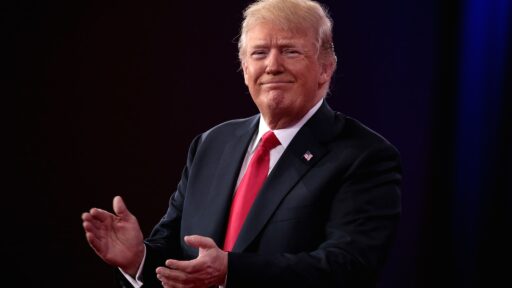Schumer and the Democrats have made it their mission to limit the power of the Supreme Court.
Senate Majority Leader Chuck Schumer recently defended his proposal to limit the Supreme Court’s influence following its controversial ruling on presidential immunity, as outlined in an op-ed for The Washington Post.
Schumer argued that the ruling, which grants broad immunity to the executive branch, would have alarmed America’s Founding Fathers, who were staunchly opposed to any form of tyranny. He contended that the decision represents a dangerous consolidation of power within the presidency, contrary to the principles envisioned by the Founders.
To address what he perceives as judicial overreach, Schumer is promoting the “No Kings Act,” a legislative effort aimed at countering the Supreme Court’s decision. This proposal seeks to reassert the principle that presidents must be accountable to the law, even while in office or in an official capacity. The bill includes provisions to eliminate the Supreme Court’s authority to rule on the bill’s constitutionality and would enable charges against former presidents or vice presidents to be filed in any federal district court nationwide.
In his op-ed, Schumer dismissed criticisms that his proposal mirrors tactics previously threatened by Republicans. He emphasized that the stakes are high, arguing that MAGA Republicans are actively working to undermine democratic institutions, with the judiciary being a key arena for their efforts.
Schumer asserted that the current conservative-leaning Supreme Court is intent on diminishing democratic processes and electoral integrity. He warned that Democrats must take action to curb this overreach, rather than allowing the judiciary to continue unchecked.
The “No Kings Act” is backed by 36 Democratic senators who argue that Article III, Section 2 of the Constitution empowers Congress to address judicial overreach. They believe that the Constitution’s drafters intended for the legislative branch to have the authority to oversee and correct excesses by the Supreme Court.
Despite Schumer’s push, the bill faces significant challenges. With a Republican majority in the House of Representatives and a filibuster threat in the Senate, the measure is unlikely to gain the necessary support to pass. Schumer’s proposal will need a substantial shift in the political landscape to advance beyond its current hurdles.







